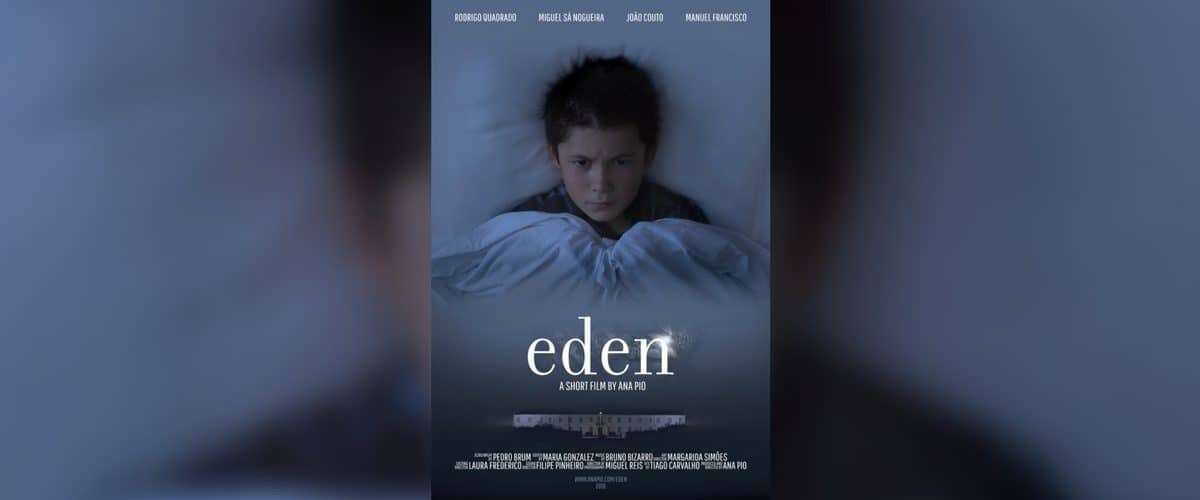
The title chosen for this Portuguese short film is largely antithetical in nature, as it chronicles a repressive society instead of an ideal one. It is set in Portugal in 1974, the year when the right-wing dictatorship known as Estado Novo was overthrown. While responsible for rather significant economic booms and increases in the standard of living across the country, as opposed to nearby Francoist Spain, the authoritarian regime was guilty, for the most part, of social repression. And, in a manner somewhat similar to the structural style of Inception, ‘Eden‘ centres around a repressive institution – a Catholic seminary – situated within the overall repressive environment regulated by the state.
One element that is directly striking is the complete silence under which a handful of pre-teen boys execute their morning routine – dressing and making their beds – while all in the same dormitory. Not one greeting or chat is shared among them. Any assumptions relating to their inability to speak are shattered once they step into the classroom: they are all perfectly able to utter words, but they rarely do, under the strict rule of their teacher. They sometimes manage to smuggle in a newspaper or a magazine, but have to be extremely careful that their disobedience is not discovered. The acting is wonderful, both that of the group of boys, as well as the teacher’s – never overdone, and always with a believable degree of emotional investment. The finale is extremely well structured, and its open nature seems perfect under the circumstances.
Director Ana Pio and writer Pedro Brum manage to offer a beautiful and symbolic depiction of a totalitarian society: slightly more explicit than in a Yorgos Lanthimos project, but very good in its own right. The story can be interpreted on two levels: one is the closed environment of the school itself and its day to day functioning, and the other is the larger context of society as a whole. An overt interdiction of outside sources of information (the newspapers and magazines) or the censorship of important events (the Sporting Lisbon – Benfica Lisbon football game) are particularly evocative in both contexts. For someone who is used or acquainted to the horrors and much more violent repression of far-left communist regimes, this depiction might seem a bit mild, but it remains very representative and constitutes an excellent summary of a historical truth.
Overall, ‘Eden’ puts forward a considerably vivid portrayal of social repression, and what happens when people are not allowed to express themselves openly and to flourish as different individuals. It does not step into political matters, which is admirable, but instead sticks to the essence of any totalitarian environment where rights and freedoms are regulated by higher authorities. Whether or not this authority is the state or a person in charge of an institution, it remains to the latitude of the audience how they will interpret this wonderful project.
TMFF RATING:





